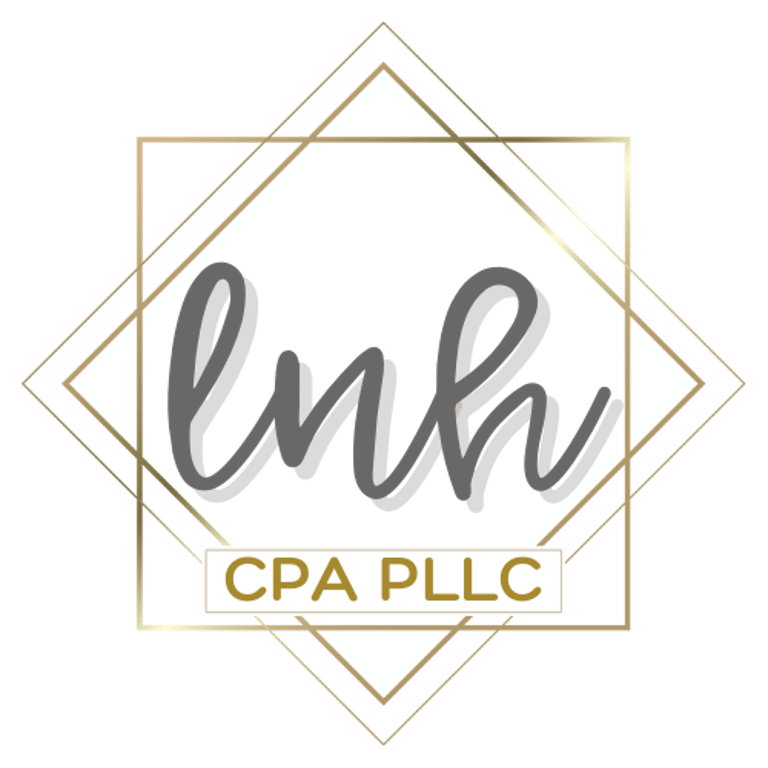Why It’s Essential to Separate Personal and Business Finances
Separating personal and business finances is essential for maintaining clear financial records, simplifying tax preparation, and building credibility with clients and lenders. It helps protect personal assets, ensures accurate business tracking, and promotes financial growth.
PERSONAL FINANCE
Lena Hanna
1/12/20252 min read


For small business owners, contractors, and startups, keeping personal and business finances separate is not just a good habit—it’s a critical practice that can affect the financial health, growth potential, and legal standing of your business. While it may seem easier to manage everything from one account, doing so can lead to complications that outweigh any short-term convenience. Here’s why separating personal and business finances is a must.
1. Maintain Legal Protection
If your business is structured as an LLC or corporation, one of its primary benefits is limited liability protection. This means your personal assets (e.g., your home or car) are protected from business debts or lawsuits. However, if you mix personal and business finances, you risk “piercing the corporate veil,” a legal term that could make your personal assets vulnerable in case of legal action against your business.
2. Simplify Accounting and Tax Preparation
When personal and business expenses are tangled, tracking your income and expenses becomes a nightmare. Separating finances makes it much easier to:
Monitor Cash Flow: Know exactly how much money your business is earning and spending.
Claim Deductions: Keep clear records to maximize tax deductions without the risk of the IRS questioning personal expenses.
Prepare Taxes: With distinct accounts, it’s easier to provide accurate record of transactions in preparation of your income tax return.
3. Build Credibility and Professionalism
Keeping your finances separate enhances your business’s credibility. When clients, vendors, or lenders see you operating through a dedicated business account, it reflects a level of professionalism that can build trust. It also shows lenders that you are serious about your business, making it easier to secure loans or lines of credit when needed.
4. Access to Business Financing
Having a separate business account helps you build a financial history for your company. Banks and lenders often require business bank statements when evaluating loan applications. If your finances are mixed, it may be harder to demonstrate your business’s financial health, potentially limiting your access to funding.
5. Avoid IRS Trouble
The IRS requires accurate records of business income and expenses. If your finances are mixed, distinguishing personal expenses from business expenses can be challenging during an audit, increasing the likelihood of penalties. By keeping separate accounts, you create a clear audit trail that makes compliance easier.
6. Save Time and Reduce Stress
Combining personal and business finances means you’ll spend extra time sorting through transactions to determine which ones belong to your business. Separating them eliminates this hassle, allowing you to focus on running and growing your business.
How to Separate Personal and Business Finances
Open a Business Bank Account:
Use this account exclusively for business transactions.
Get a Business Credit Card:
Charge business-related expenses to your business card to streamline tracking.
Track Expenses:
Use accounting software like QuickBooks, Sage50, or Xero to keep records organized.
Pay Yourself a Salary:
Rather than using business funds for personal purchases, pay yourself a set amount through a transfer or paycheck.
Separating personal and business finances isn’t just about staying organized—it’s about protecting your assets, building credibility, and ensuring your business’s financial health. By taking this essential step, you’ll set your business up for success and avoid the pitfalls that come with financial mismanagement. It’s a simple practice that can make a world of difference in the long run.
